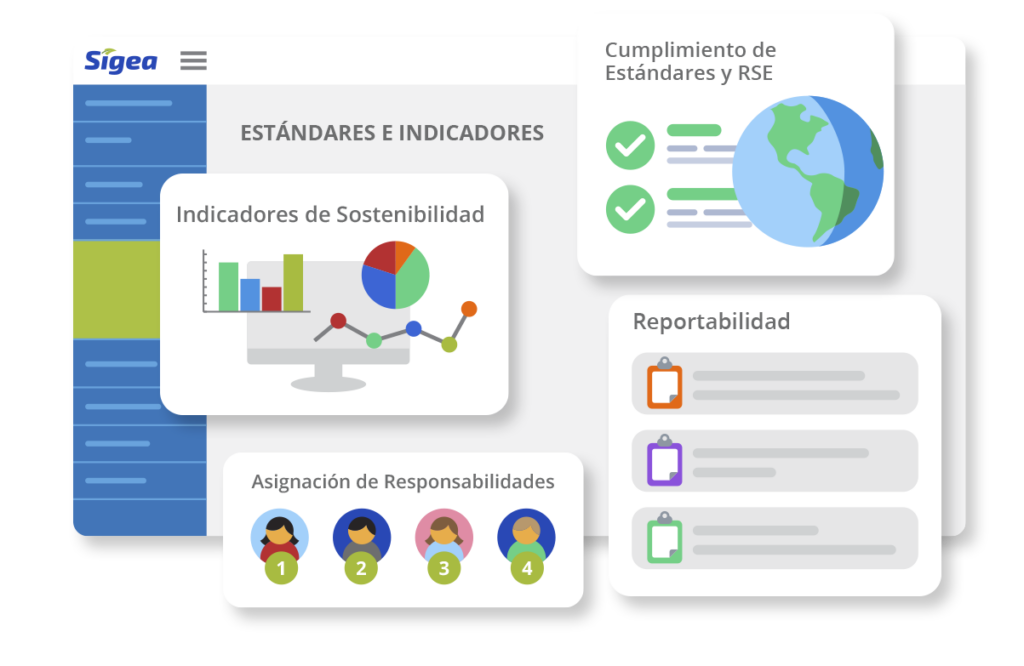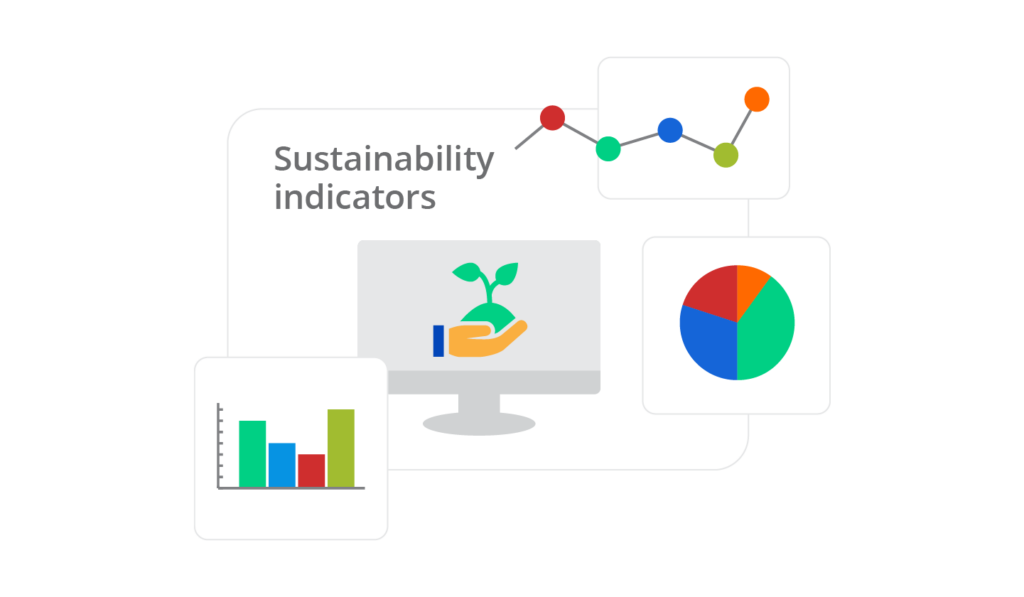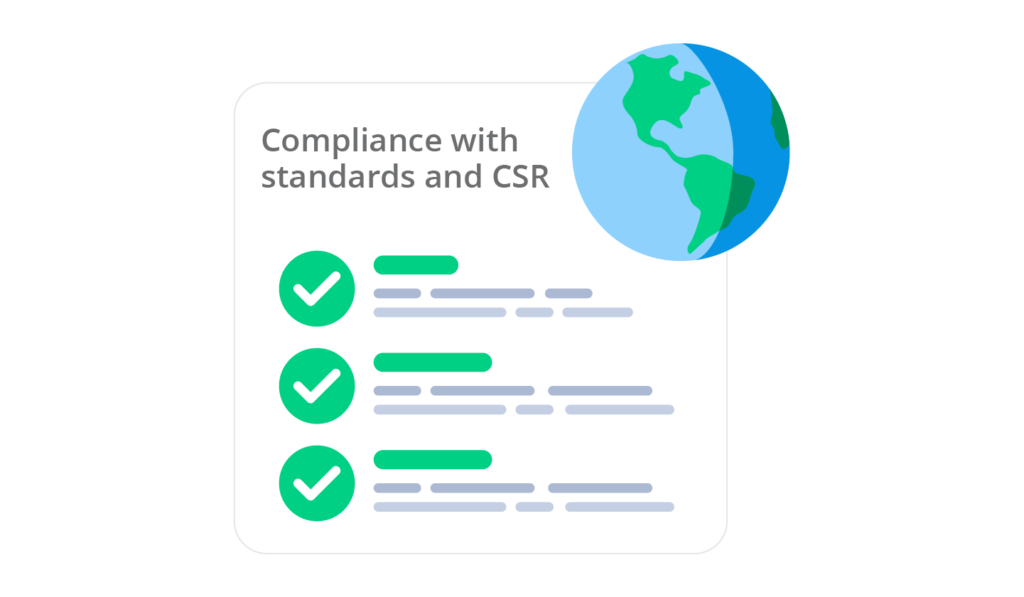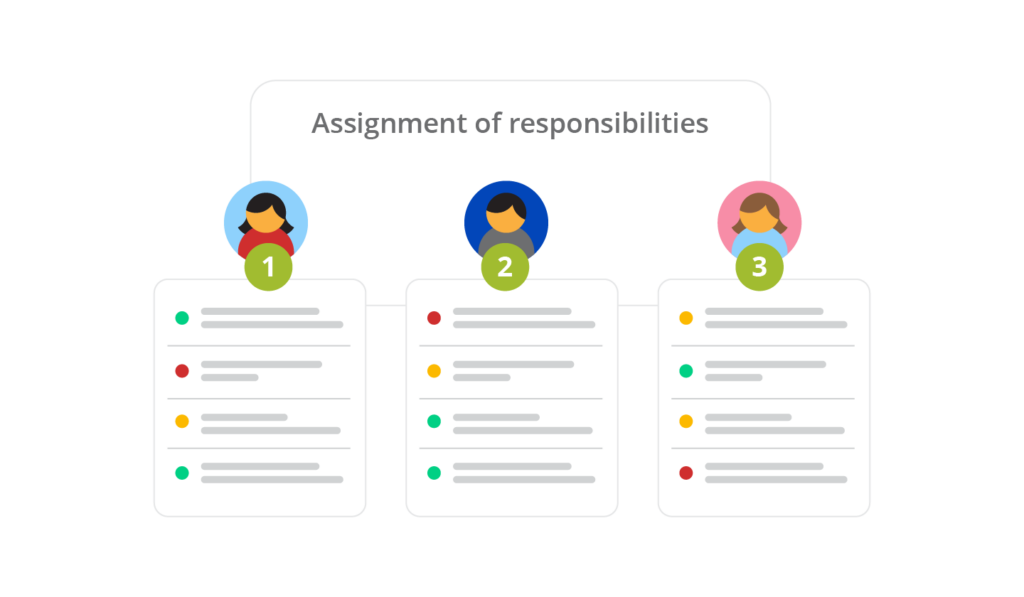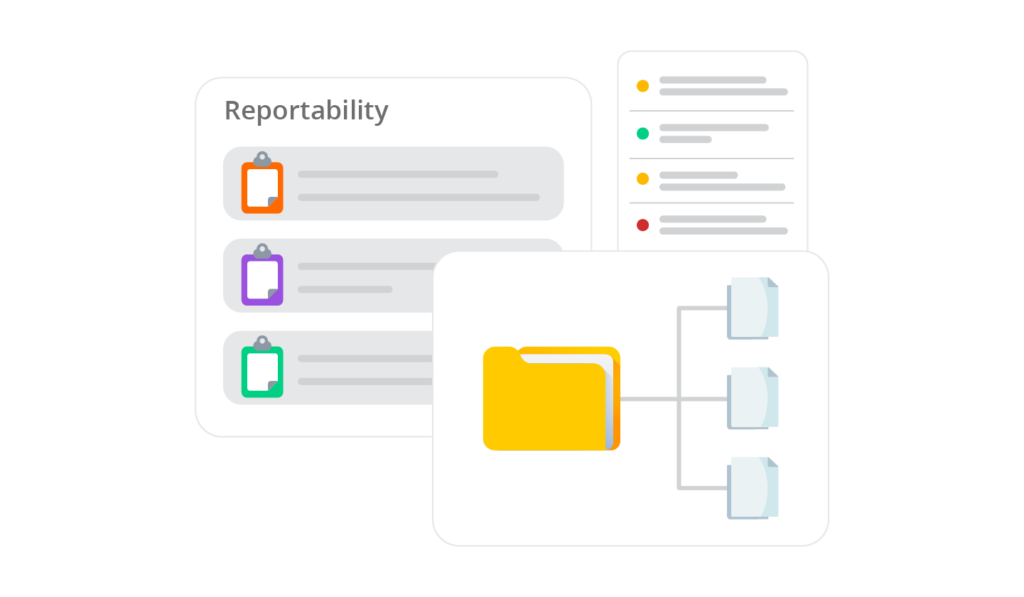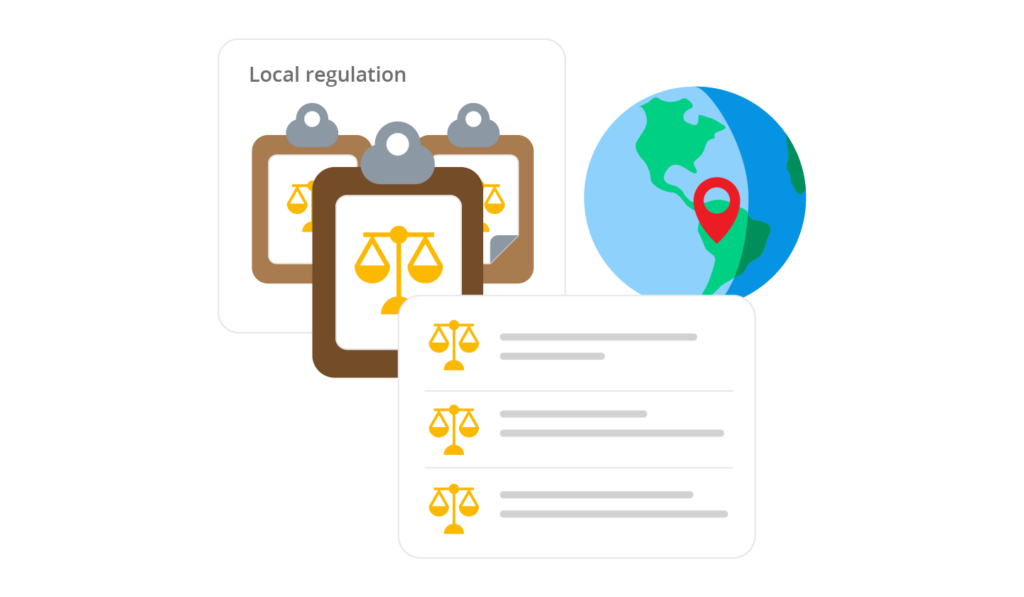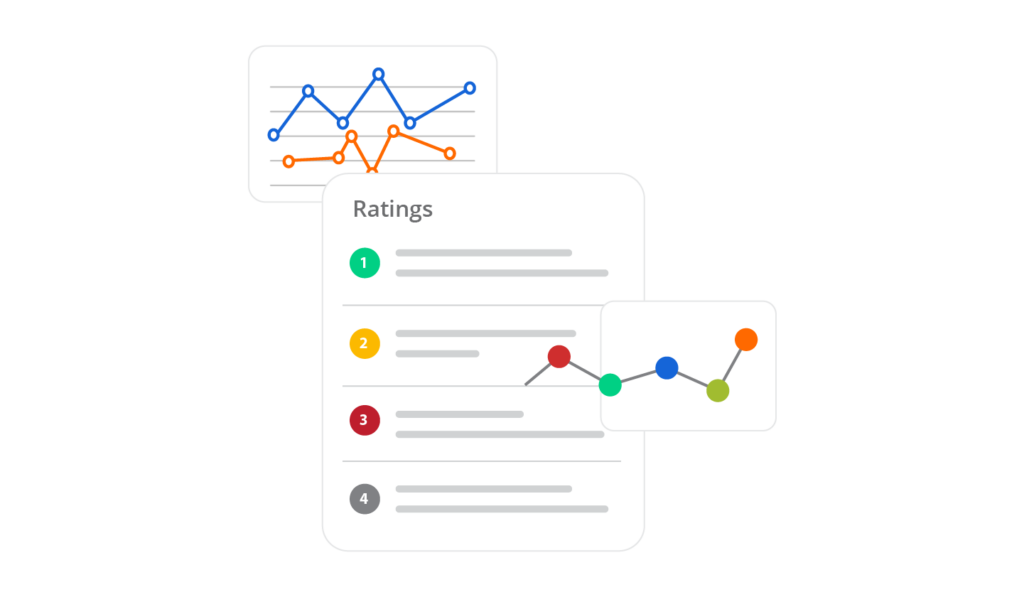In a globalized society, it is necessary to align corporate strategies with the collective commitment to sustainable development under ESG criteria.
To this end, it is crucial to comply with each country’s regulatory floor, which addresses every aspect of key ESG standards such as environmental, social (such as labor and health and safety) and corporate governance (corporate structures, crime prevention, tax rules), which has brought the principles of corporate social responsibility (CSR) to corporate sustainability management as an essential management framework in the corporate business strategy.
This integrated approach in turn enables operational excellence to be achieved by setting global and local standards that strengthen each company’s operational unit. This approach seeks to focus efforts on the operational management of the business with the strategic objectives, avoiding double efforts and requiring special teams to control compliance with the standards and regulations of the companies, but collecting data from the management processes.
